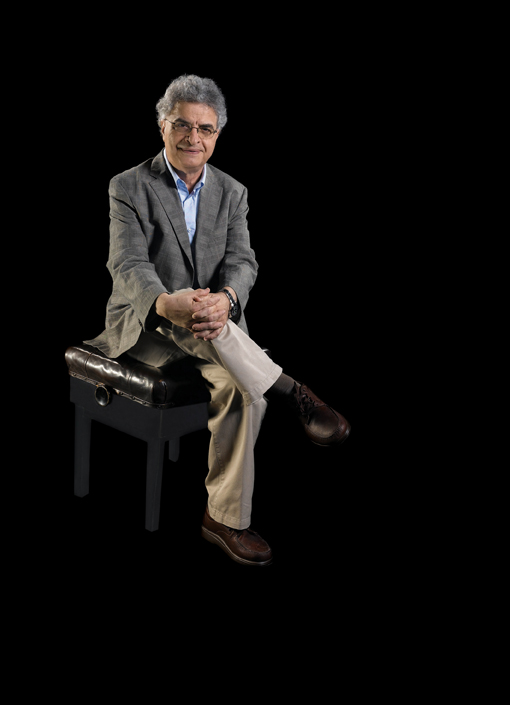Are you a journalist? Please sign up here for our press releases
Subscribe to our monthly newsletter:

Prof. Yadin Dudai: "Our research could contribute to a better understanding of human behavior. It might aid in the treatment of post-traumatic stress syndrome, as well as open new pathways to strengthening memory thathas weakened either naturally or as the result of mishap."
A person is the sum of his memories. Our personalities are shaped, to a large degree, by the ways in which we remember our personal experiences – or at least what we believe those experiences to have been. How stable are our memories over time, and to what extent do they reflect what really happened? How does the act of forgetting help to ultimately shape memories? These are the main questions that Prof. Yadin Dudai, Head of the Institute's Neurobiology Department, asks through his research.
Studies of how the brain stores information have revealed that our memories are not a mirror image of an event; rather, they reflect what we think happened. Memories blur naturally as they become integrated into our personal narrative and the details tend to slip away. But when certain bad memories don't fade, they can become intensified, sometimes hounding a person relentlessly and causing intense distress for years. This is how post-traumatic stress syndrome develops.
Dudai investigates the brain's mechanisms for storing memories, those that bring these memories up past the threshold of consciousness and those responsible for forgetting – both normal and abnormal forgetting, including the absence of forgetting. In a series of original, imaginative experiments, Dudai and his research team identified the stages and processes that take place in the "life" of a memory. They even succeeded in erasing some types of long-term memory associations – in animals only, at this point.
Prof. Yadin Dudai's research is supported by the Norman and Helen Asher Center for Brain Imaging; the Nella and Leon Benoziyo Center for Neurological Diseases; the Rowen Family Fund for Neurocognitive Research; the Abe and Kathryn Selsky Memorial Research Project; Miel de Botton Aynsley, UK; and Rowland Schaefer, New York, NY. Prof. Dudai is the incumbent of the Sara and Michael Sela Professorial Chair of Neurobiology.